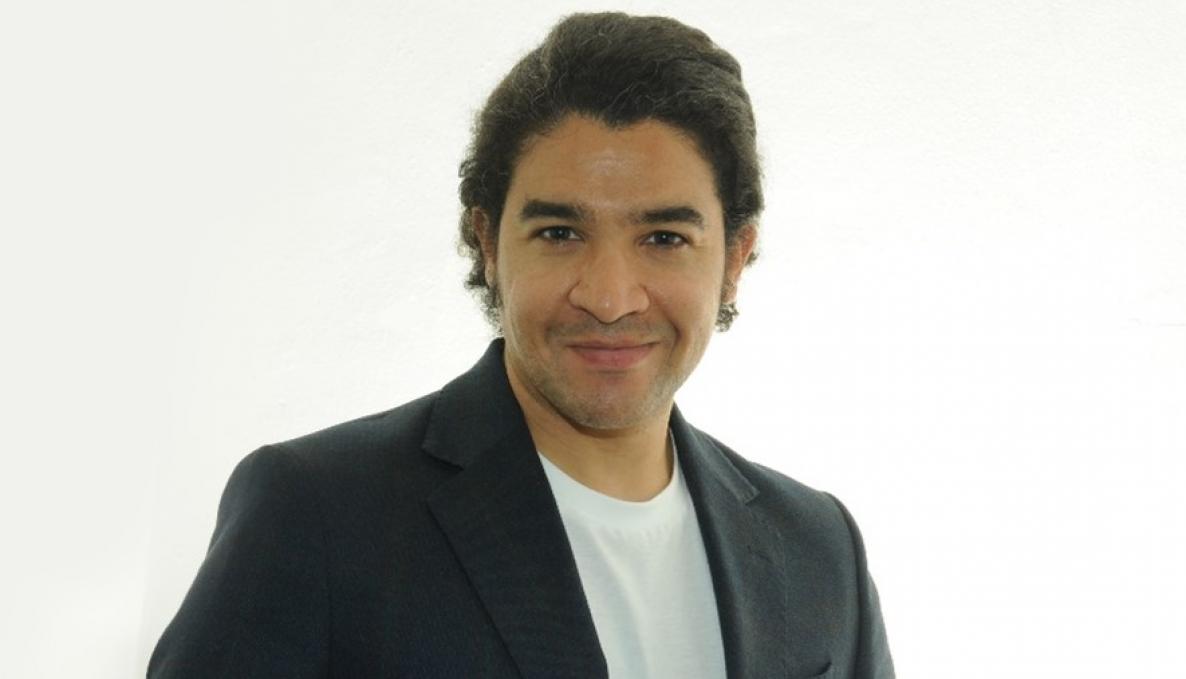International awards: the achievements of Ahmed E S Nosseir, PhD student in Space Science and Technology thanks to a scholarship funded by the Sant'Anna School
From winning the Emerging Space Leader (ESL) Grant, to attending the International Astronautical Congress and the Space Generation Congress (SGC) 2023, the results of efforts and investments in space technologies

As the world is currently preparing to head back to the Moon – to stay not just to visit – the significance of space science and technology is more evident nowadays than ever before. The new space race fuels worldwide competition mainly in the fields of scientific research and industrialization where academia is playing a key role in preparing scientists and engineers for this great endeavor.
The Sant’Anna School of Advanced Studies participates in one of Italy’s – and Europe’s – most promising higher-education and academic initiatives that is the Italian National PhD program in Space Science and Technology. In the academic year 2022/2023 the School has funded one PhD position to study and apply photonic sensing in modern spacecraft development and innovative space systems design. The position is held under the Photonic Sensing Integrated System (PSIS) research group of the Institute of Mechanical Intelligence. Next academic year, the School is contributing to the same program with three more positions from different groups to study novel space sciences and aerospace enabling technologies as well as law and space diplomacy.
Ahmed E S Nosseir – the first year PhD Student and the Doctoral Students’ Representative of the National PhD Program in Space Science and Technology, whose position is funded by the Sant’Anna School of Advanced Studies, and supervised by School professors Claudio Otòn, Experimental Physics, and Fabrizio Di Pasquale, Telecommunications, together with Angelo Cervone of the Technical University of Delft – has won the prestigious grant awarded by the International Astronautical Federation (IAF), namely the Emerging Space Leader (ESL) Grant, based on his high academic merits and several research articles contributed to the field of Aerospace Engineering and Space Science. Ahmed will use his ESL Grant to attend the International Astronautical Congress (IAC 2023) taking place this year in Baku, Azerbaijan, and shall present his two papers in the topic of Space Propulsion Systems enabled by Optical Fiber Sensors embedded Smart Structures, and the topic of Photonic Integrated Sensing Systems as enabling technology for Innovative Space Systems.
Besides the Emerging Space Leader Grant, Ahmed was selected by the Space Generation Advisory Council (SGAC) to receive the delegate’s scholarship to attend the Space Generation Congress (SGC) 2023.
Finally, it is worth mentioning that our PhD student has led a team of international students for three months early 2023 in the StartUp-Lab course taking place in the School of Innovation of the University of Trento and the team, as best-semifinalists, has won an Award to attend the startups’ conference ‘TechChill Milano 2023’ taking place in September. Based on their competition project “Green Sat Rockets”, the Award was mutually funded by the School of Innovation and the Department of Physics of the University of Trento.
European, National and Industrial Sponsorships for innovative research ideas
The Institute of Mechanical Intelligence at Sant’Anna School of Advanced Studies is strongly investing in space science and technologies with three main research lines: innovative propulsion systems with the ERC consolidator grant BREATHE (Building a space Revolution: Electric Air-breathing Technology for High-atmosphere Exploration), recently awarded to Tommaso Andreussi, professor of Fluid Dynamic, photonic sensing as enabling technology for advanced space systems within the Photonic Sensing Integrated System (PSIS) research group led by Fabrizio Di Pasquale, professor of Telecommunications, and robotic exploration within the Human Robot Interaction (HRI) research group led by Antonio Frisoli, professor of Applied mechanics.
Several grants have been received from national and European agencies also including an industrial sponsorship to our PhD student Ahmed E S Nosseir to gain first-hand access to one of the newest industrial software for the design and automated development of carbon composite structures. These carbon fiber-based structures take place in critical subsystems of the launch vehicles, such as the designs envisaged for the new European Ariane 6, the so called Black-Stage that is a highly performant rocket upper-stage that will allow for unprecedented decrease in costs while reaching new levels of overall high-performance of this line of historic European Rockets. The software CADWIND®, provided to the research group by the established industrial entity MATERIAL, will help researchers to study both micro and macro loading characteristics in the tape-wound carbon composite pressure vessels and will allow for further developing advanced optical fiber sensors embedding methods in carbon fiber smart structures. The software will also support the development of the so-called mathematical opto-mechanical models to serve, from a different perspective, as a set of governing equations connecting photonic sensors technology and the material characteristics of carbon fiber structures used in Space applications in an interdisciplinary approach contributing to the vast research field of Smart Space Structures.
On the cover: Ahmed E S Nosseir



